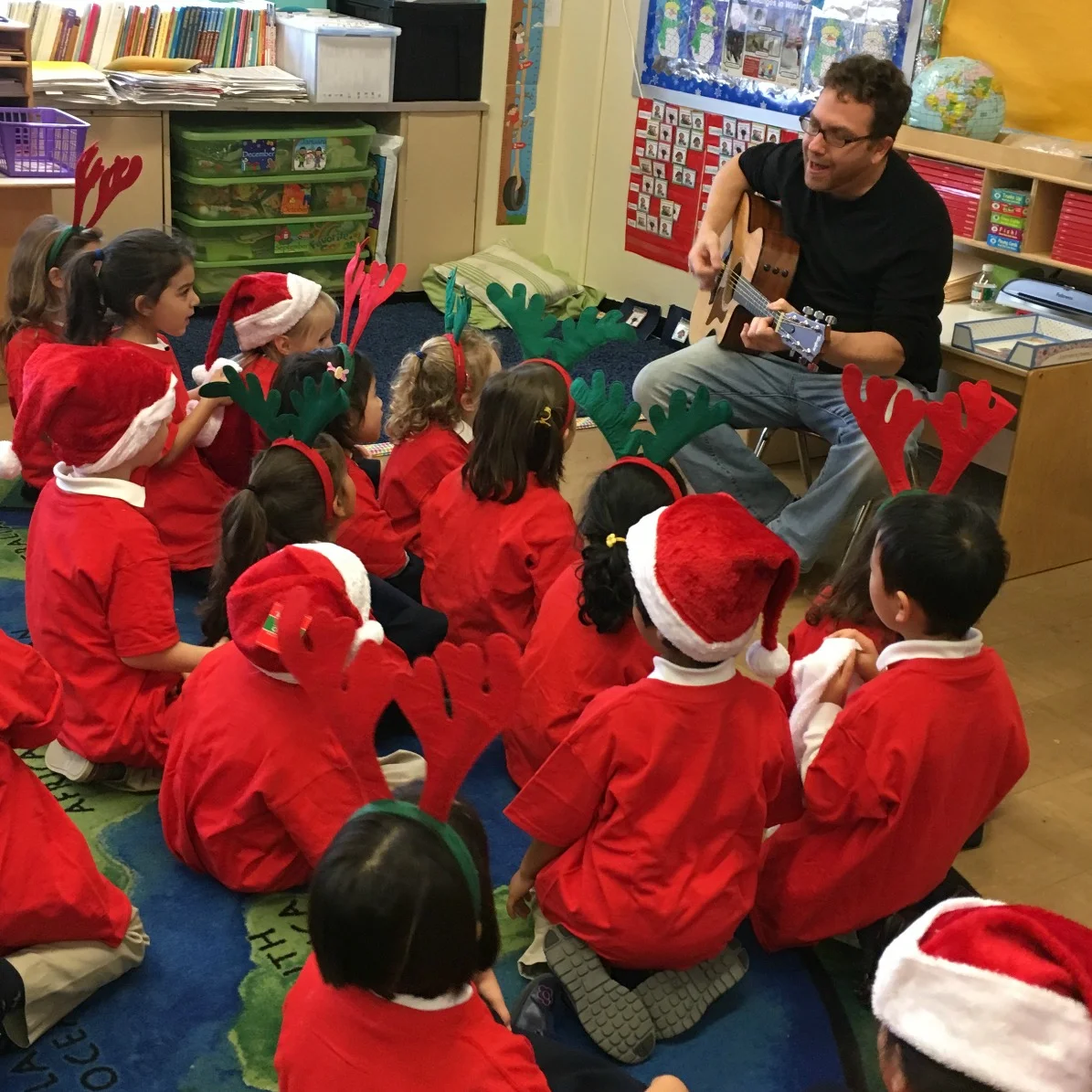by Rob Schiffmann
The key is ...
to use something that is a mystery to you and then follow it and let it reveal itself without too much concern for solving that mystery. - Rob Schiffmann
So you have been improvising for awhile and you have been taught how to properly execute a "tagline" song and a "verse/chorus" song. It's simple, right? Follow a set of clearly laid out rules and fit into a clear and unwavering structure and finally, make sure you rhyme and you are good to go. Got it? Good.
Nope. Not good.
Content - Not a Formula - Dictates Form
The problem with this mode of thinking is that improvisation, by its nature, is NOT formulaic. Structure can and should be a part of all improvisation but strictly in the sense of understanding it and remaining flexible within it. What determines the actual structure of your end product? That's simple: the content. As the axiom goes, content dictates form.
This is where the struggle begins and where the true improvisation is born. How do you create content that actually dictates form and how do you remain in a state that allows you to perceive that form in the moment? How do you create an output that can speak back to you and determine your next move? You must be both reactive and proactive at the same time. Seem like a big task? Well, it's a good thing you do this all day, every day.
Life happens and you react. In fact, the more you are open to life as it happens (as opposed to how you assume it will happen), the more likely you are to effectively achieve your goals, both on a daily and on a long term basis. As goes life, so goes improv. So, to create a great song, you must remain reactive while recognizing the implications of that reaction on the structure of your song. You must listen and create at the same time.
Listening and Following While Creating
This starts at the beginning of your song. If you are in a musical theater context, it is likely that a scene has preceded your song and thus you are already in a heightened emotional state. If you, as an actor, are willing to accept this emotional state, it will be present in all elements of you: from your dialogue to your body to your breath. Hold on to this emotion as the music begins.
Rest in it.
Hopefully the music you are given by your pianist mirrors, on some level, the emotional state of the scene. It should act as support for the performers. Often music improv piano players like to throw actors a curve. This is essentially the same thing as a denial in the context of stage improvisers. Hopefully the pianist "yes ands" you and you can simply let the music in on an emotional and physical level so that it is truly felt and can move you forward towards your first moment of singing.
At that point, you must simply open your mouth and let the sound come. It may simply start as a vowel but follow it and let it become a word. Then trust that word and continue that thought. It will form itself into the lyric it needs to be to get you started. Of course, during that piano introduction, lyrics may have come to you as well but they are likely too literal in nature. If something comes that you do not understand, use it. The key is to use something that is a mystery to you and then follow it and let it reveal itself without too much concern for solving that mystery.
You must exist in a constant state of suspension as improvisers. That is where you can listen and discover and react to find the truth in form and content. And THAT'S just the beginning. Next up, how do you turn that first thought/sound/lyric into a melodic line that speaks back to you and helps you to form your next line, which helps you to form your section, which helps you to form your next section, which eventually determines the TRUE organic structure your song needs.










